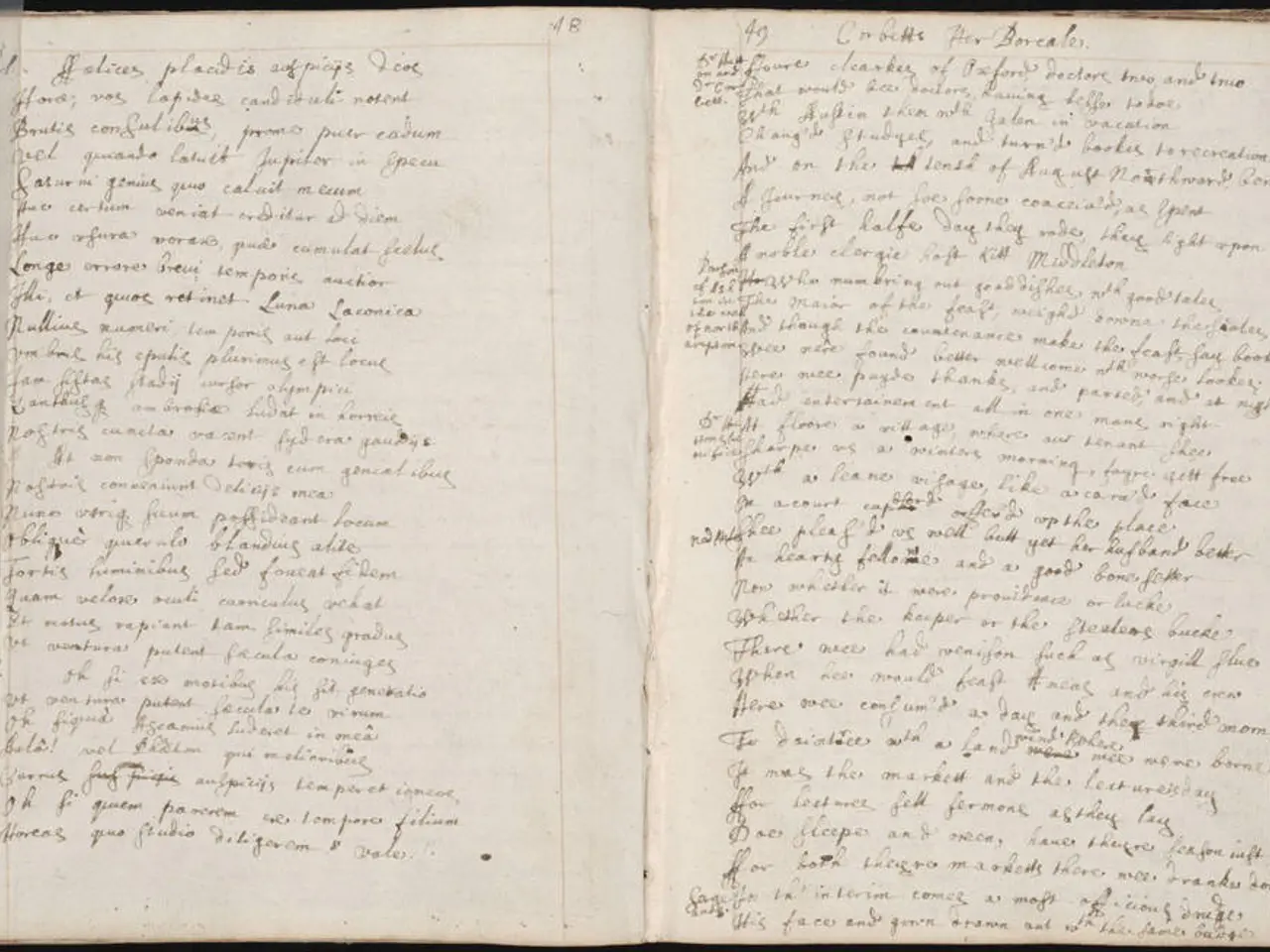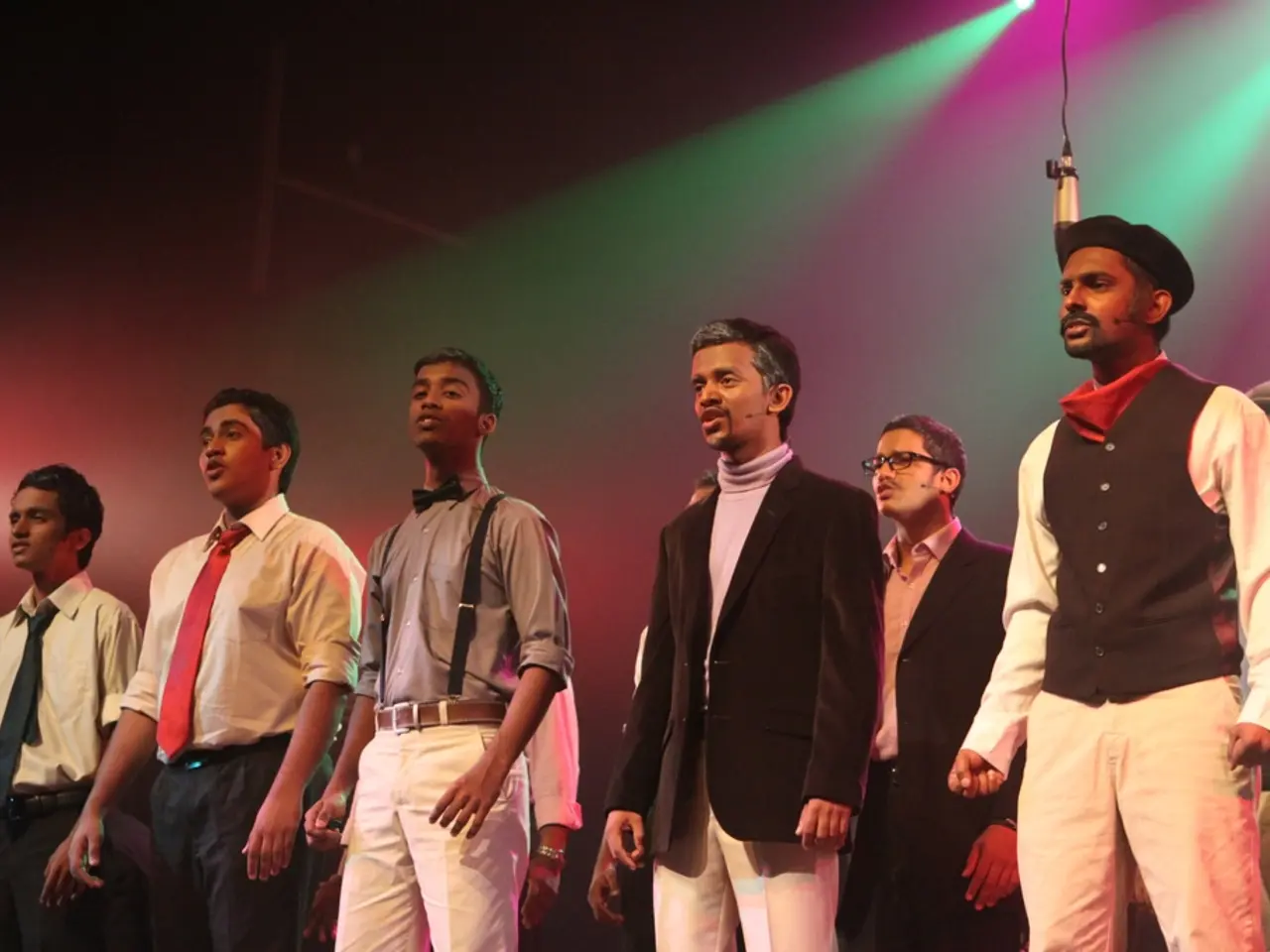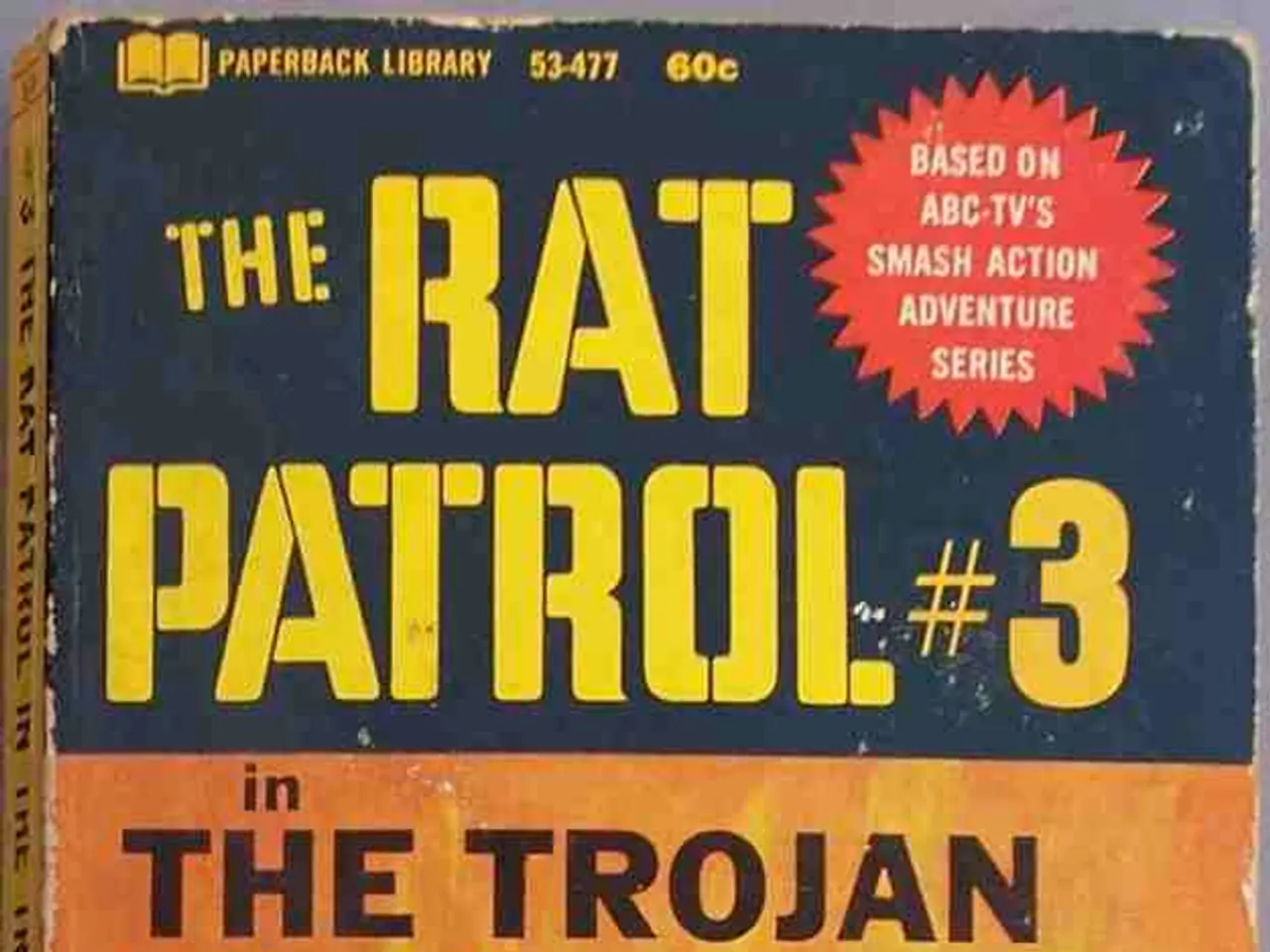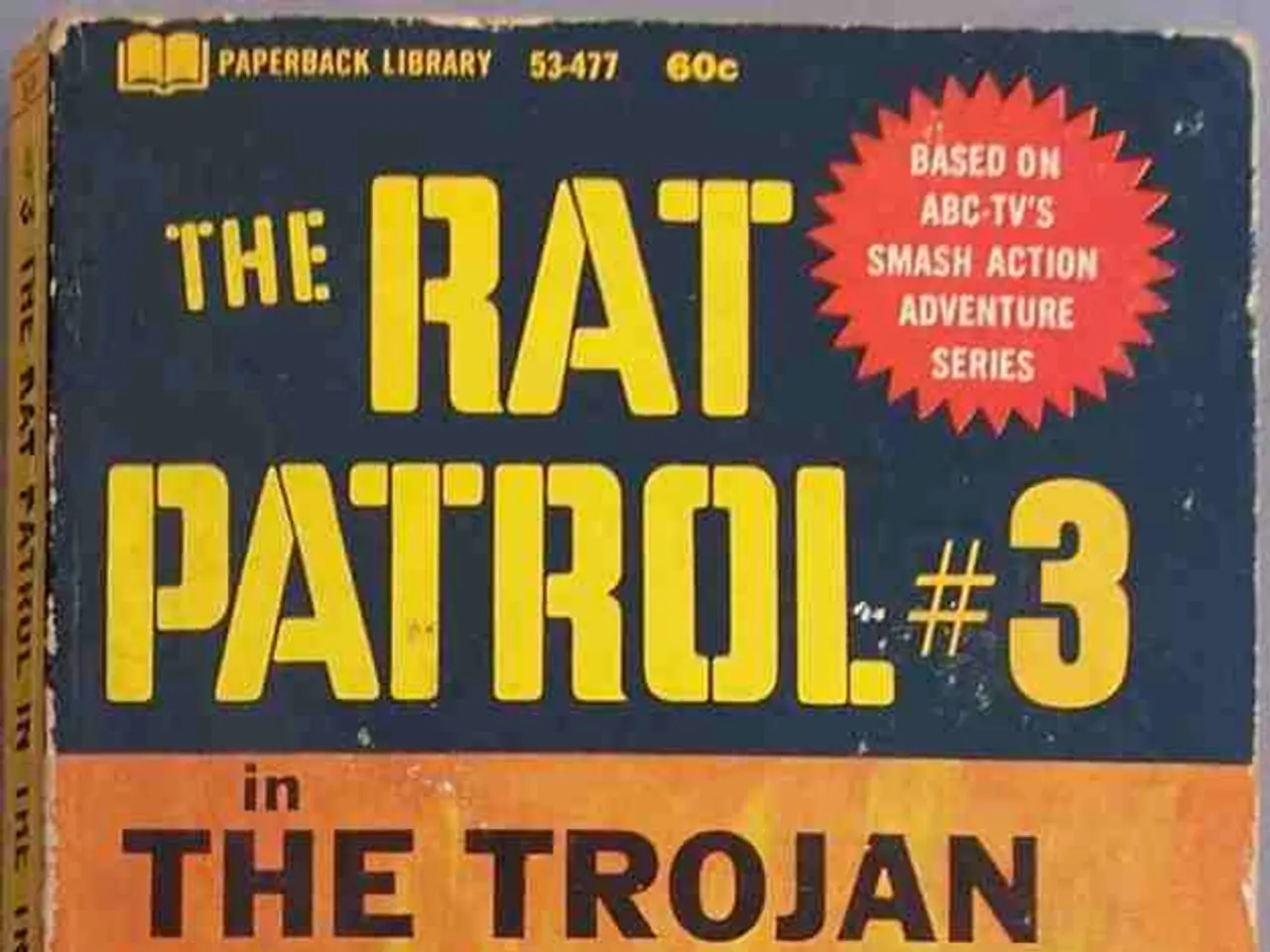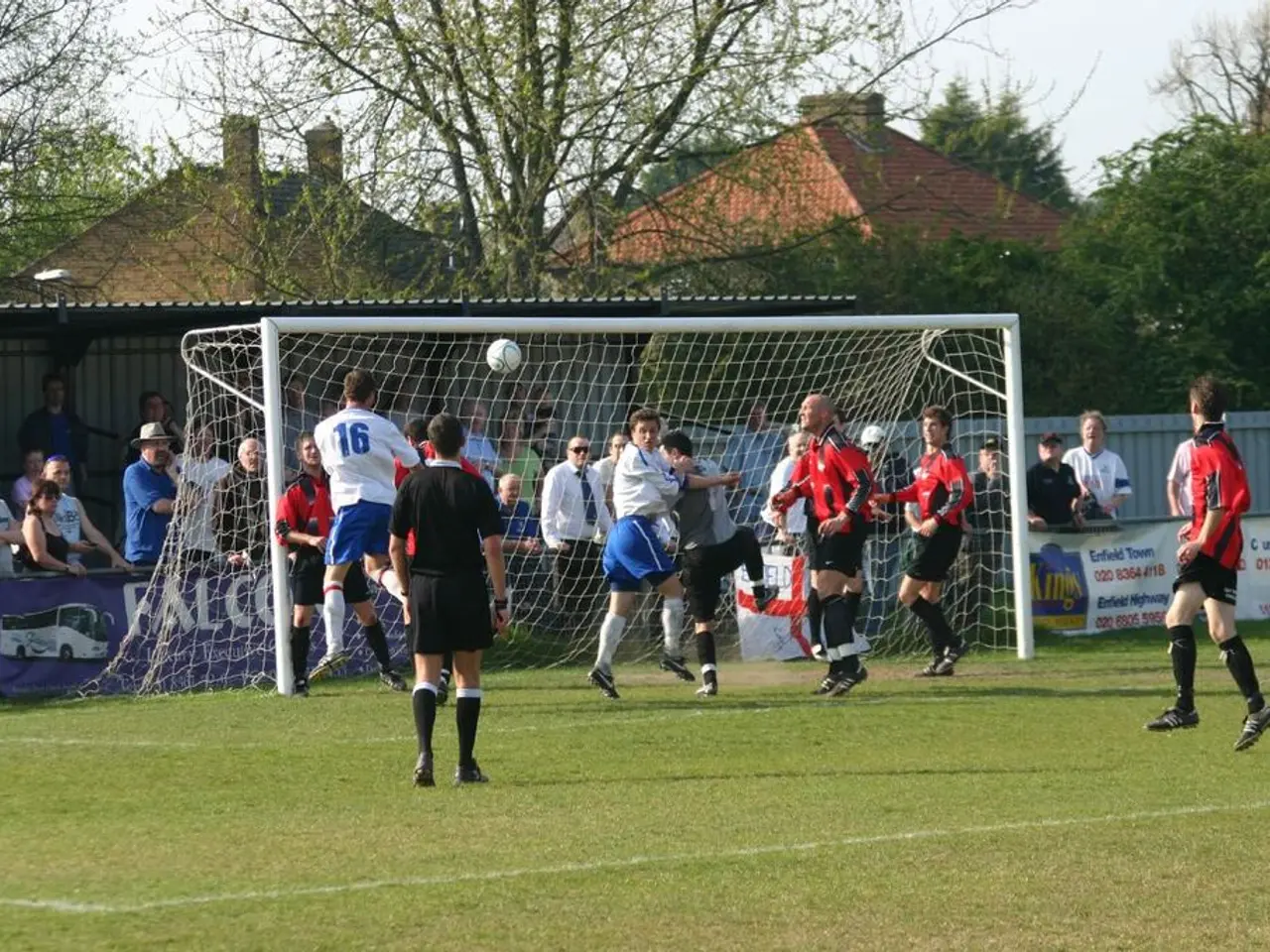If Authorities Persist in Banning Literature, Kashmir May Run Out of Books, Forecasts Kashmiri Writer
Article: Controversial Ban on 25 Books in Jammu and Kashmir Sparks Outcry
A recent ban on 25 books, including works by acclaimed authors such as Arundhati Roy and A.G. Noorani, has sparked outrage and condemnation in Jammu and Kashmir. The authorities have ordered the forfeiture of these books, and publishing or selling them is now prohibited.
The ban, which is due to the books being accused of promoting separatism in Kashmir, has been met with strong criticism from authors, publishers, and religious and political leaders. Many argue that the ban is an attack on free speech, an attempt to suppress dissenting narratives, and a move that risks erasing historical truths about Kashmir.
Anuradha Bhasin, a prominent journalist and author whose book was banned, stated that the government is "scared of words" and is trying to hide truths that challenge its narrative. Anthropologist Angana Chatterjee described the ban as a "warning against free speech," emphasizing that it oppresses Kashmiris seeking justice and acknowledgment of historical crimes.
Political scientist Sumantra Bose said his work aims to find peaceful solutions to the Kashmir conflict, distancing his scholarship from any secessionist agenda. Kashmiri authors like Ather Zia, Anuradha Bhasin, and Hafsa Kanjwal view the ban as part of an ongoing effort to silence Kashmiri voices and erase complex, critical perspectives on Kashmir’s history and politics.
Religious and political leaders have also criticized the ban. Kashmir’s chief cleric, Maulvi Omar Farooq, said banning books by reputable historians will not erase historical facts or the lived memories of Kashmiris, calling the move “authoritarian” and an exposure of the government's insecurities.
Scholars note that many banned books are part of Critical Kashmir Studies, an academic field shaped by Kashmiri scholars, and call the ban a suppression of critical academic discourse. Zafar Choudhry, a researcher, expressed surprise at the banning of books by A.G. Noorani and David Devdas, stating that the ban seems to be warning prospective writers to be careful about what they write on Kashmir.
It is worth noting that some books in the banned list were written by foreign authors, published in foreign countries, and not in circulation in the Indian markets. A Srinagar publisher, who wished to remain anonymous for fear of reprisal from the authorities, mentioned that book sales have dropped with the rise of e-commerce, but they are still exercising caution.
The Jammu and Kashmir police are conducting searches at bookshops to prevent the sale of banned literature and ensure adherence to legal provisions. If a publisher prints the banned books again, it could lead to imprisonment. The notification states that the banned books comprise literature that can deeply impact the psyche of youth by promoting a culture of grievance, victimhood, and terrorist heroism.
However, Zafar Choudhry, who found A.G. Noorani's banned book, "The Kashmir Dispute 1947-2012", to be a compilation of communications exchanged over Kashmir among various leaders, rather than an analytical study, suggests that the ban on literature is less about restricting genuinely secessionist content and more about sending a message to future writers. Choudhry states that censorship undermines the principles of a democratic and civilized society.
The current reaction from authors and publishers in Jammu and Kashmir reflects deep concern that the ban is not merely about security but is aimed at controlling information, silencing dissent, and limiting the historical and political narratives accessible to the people of Jammu and Kashmir.
- The ban on books, including those by Arundhati Roy and A.G. Noorani, has been criticized as an attack on free speech by authors, publishers, and political leaders, who argue that it risks erasing historical truths about Kashmir.
- Political scientist Sumantra Bose, whose work aims to find peaceful solutions to the Kashmir conflict, has distanced his scholarship from any secessionist agenda but views the ban as part of an ongoing effort to silence Kashmiri voices.
- Scholars note that the ban includes books from the field of Critical Kashmir Studies, claiming it suppresses critical academic discourse, and Zafar Choudhry suggests the ban on literature is more about sending a message to future writers rather than restricting genuinely secessionist content.
